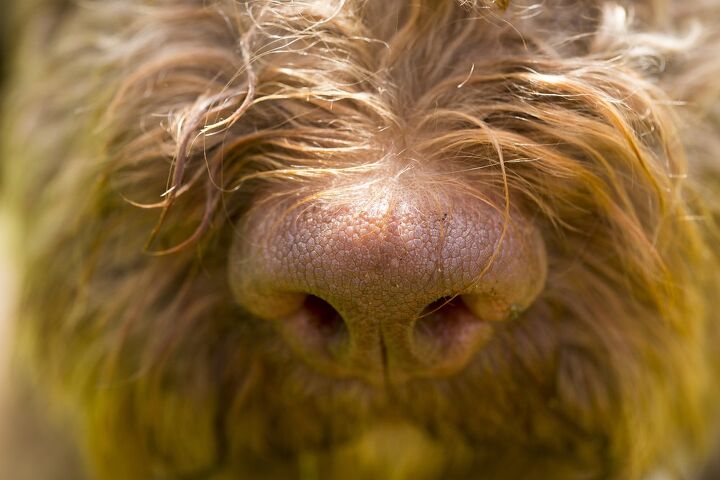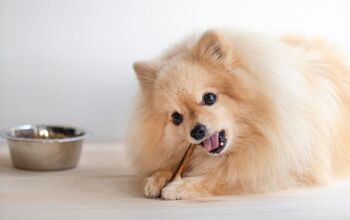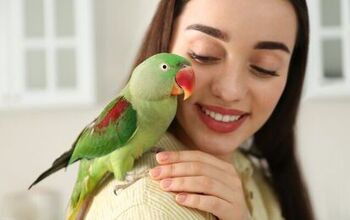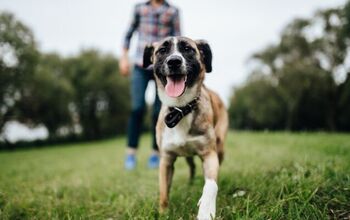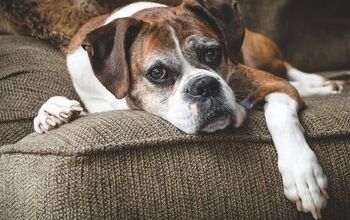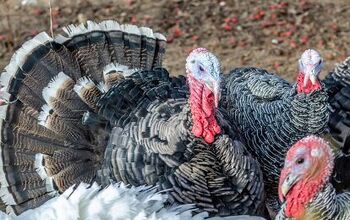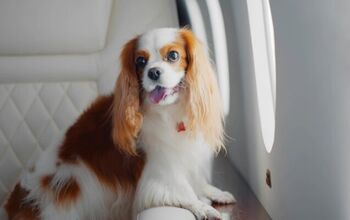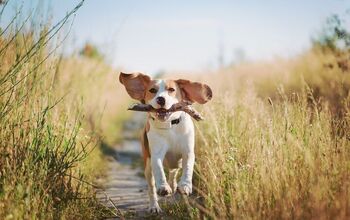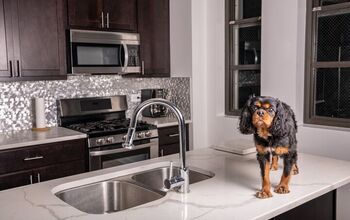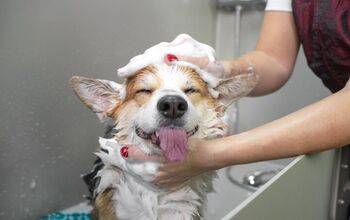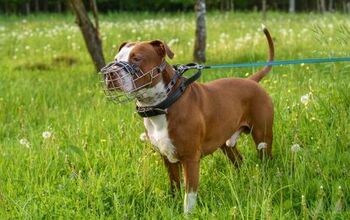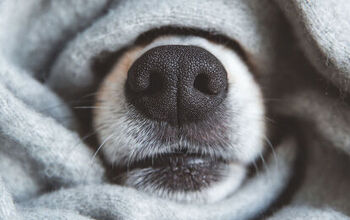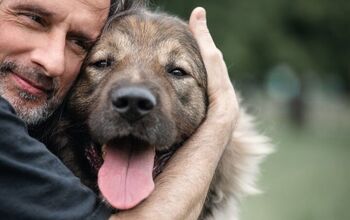Gluten Detection Dogs Offer Service to People With Celiac Disease

Service dogs perform many important tasks from guiding people who are blind to recognizing the warning signs and alerting people of an oncoming seizure. One task that has recently been attracting attention, and for good reason, is the use of scent-trained dogs for gluten detection. These skilled canines are creating a new world of possibility for those living with celiac disease.
Celiac disease is an autoimmune disease that is estimated to affect the lives of approximately 1 in 100 people worldwide. When those with celiac disease eat gluten, a protein found in grains like wheat, barley, and rye, their body responds by triggering an immune response. This causes the body to attack the small intestine, causing damage that can prevent the intestine from properly absorbing nutrition. If left untreated, it can lead to serious health complications.
Currently, there is no treatment for celiac disease. Instead, those who have been diagnosed need to commit to a strict gluten-free diet.
Avoiding gluten sounds far easier than it is in practice. It’s not always easy to spot which foods contain the protein. Plus, foods can be contaminated with gluten through cross-content. This means that a food could be gluten-free based on the ingredients and still trigger a celiac attack.
So, what can man’s best friend do to ease the struggles of those living with celiac disease? Dogs have long been taught to use their powerful sense of scent to detect different substances including drugs or explosives. Recently, there has been a growing interest in the use of allergen detecting dogs. These are dogs trained to identify a specific ingredient of concern, preventing people from eating the offending foods. This includes gluten detecting dogs.
“My interest in training gluten detection dogs came from my own needs,” explained Chrstina de Juan, Ph.D., PCT-A, CPDT-KA, LSHC-S, CTDI, the owner and lead trainer at Crescent Service Dogs. “I learned about gluten detection dogs, well, one dog, back in 2011. His name was Elias, a Beauceron trained in Slovenia.”
De Juan was unable to find someone to train her dog in gluten detection at the time, so she dove into scent work sports and scent detection. In 2016, she found a trainer willing to work with her and train her dog Luna for gluten detection.
“Before Luna completed her training, she was already catching gluten cross contact on items I had been consuming,” shared de Juan. “By the time she finished training, my health was already improving significantly. My improved health and higher sense of independence and freedom to feel safe when dining out and socializing with family and friends was all I needed to change my career and help others achieve this for themselves.”
A growing number of trainers share similar stories to de Juan, seeing the impact that a gluten detection dog can have on the life of someone with celiac firsthand. The training process isn’t easy and can come at a high cost, making it inaccessible for many to take on the work at home. This is where passionate trainers like de Juan are focusing their attention on the future of gluten detection canines.
The future of this service will rely on the dedication of more trainers learning to teach the task properly, providing high-quality service dogs to those with celiac disease. De Juan stressed that there is also a need for non-profit organizations to breed, raise, and train service dogs including offering gluten and allergen detection as an option.
She also stressed that there is a need for standards for the performance of gluten and allergen detection dogs. This will help to limit and crack down on scammers that sell under-trained or poorly trained dogs for a profit.
“Avoiding accident gluten ingestion can be challenging, and it can be socially isolating given that so many social and cultural activities revolve around food,” de Juan concluded. “While a dog can still make mistakes, and is no substitute for reading labels, calling manufacturers, and advocating for oneself in restaurants and other social activities involving food and drinks, having a gluten detection dog helps provide an extra layer of peace of mind that those of us with severe reactions to any level of accidental gluten ingestion are doing everything possible to remain healthy. Having a service dog has challenges of its own, but in my opinion, those are more than acceptable challenges when it means feeling safe and being able to participate with friends and family for social gatherings or business gatherings.”

Britt Kascjak is a proud pet mom, sharing her heart (and her home) with her “pack” which includes her husband John, their 2 dogs – Indiana and Lucifer – and their 2 cats – Pippen and Jinx. She has been active in the animal rescue community for over 15 years, volunteering, fostering and advocating for organizations across Canada and the US. In her free time, she enjoys traveling around the country camping, hiking, and canoeing with her pets.
More by Britt



